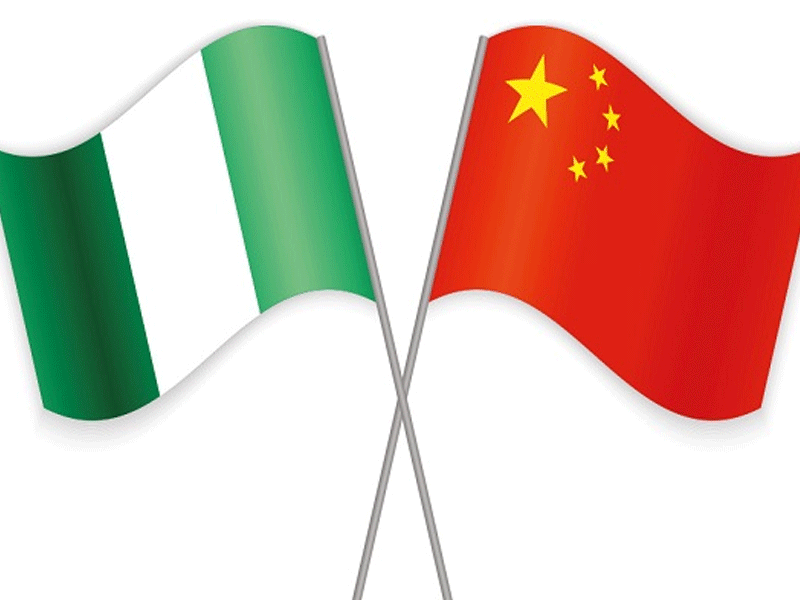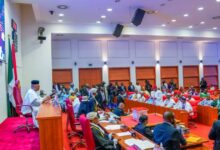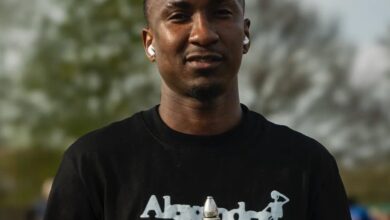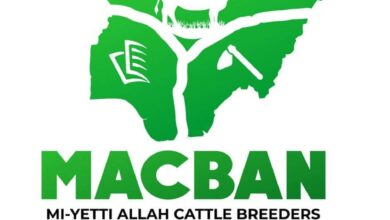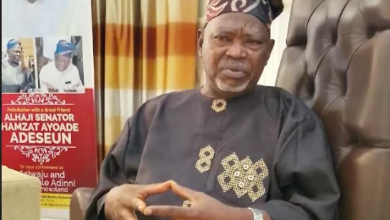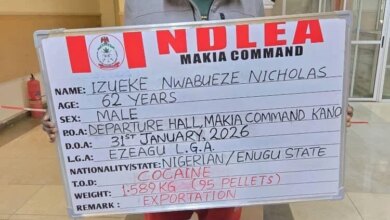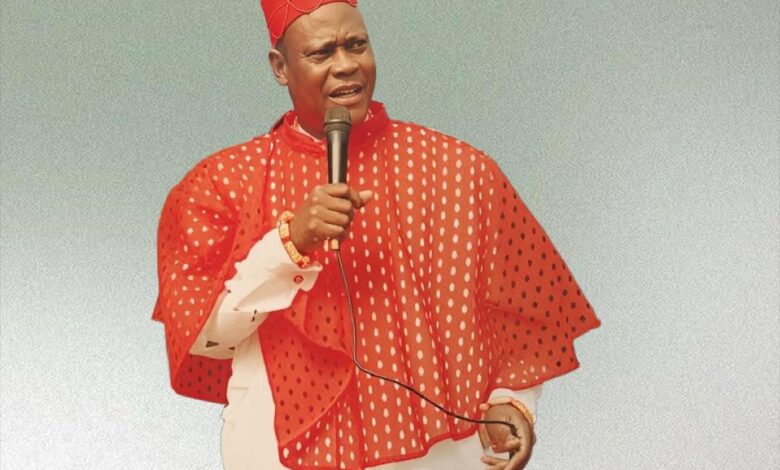
A retired Commissioner of Police, Chief Matthew Egwuenu is dead.
Egwuenu died on Friday, February 6th, 2026, at the age of 80.
A statement issued Sunday by Mr. John Paul Egwuenu on behalf of the family described the retired police commissioner as a man of honour, selfless service, and unshakeable integrity.
The statement reads: “With profound sorrow and heavy hearts, the family of Chief Barrister Matthew Egwuenu, retired Commissioner of Police from Ukwuani Local Government Area of Delta State, announces the peaceful passing of their beloved patriarch.
“Chief Matthew Egwuenu departed this life on Friday, February 6th, 2026, at the age of 80, leaving behind a legacy that touched countless lives.
“A man of unwavering honour, selfless service, and unshakeable integrity, Chief Matthew Egwuenu lived a life defined by dedication to duty, boundless love for his family, and an enduring commitment to leadership and discipline.
“His wisdom, warmth, and gentle strength will forever remain in the hearts of all who were blessed to know him.
“He is lovingly survived by one son, five daughters including Arise News Anchor, Ojy Okpe, grandchildren and a vast extended family who will carry forward his noble legacy.
“Funeral arrangements will be announced in due course. During this time of profound loss, the family humbly appreciates your prayers, kindness, and unwavering support. Your compassion brings us comfort as we honour the remarkable life of a man who gave so much to so many.”
